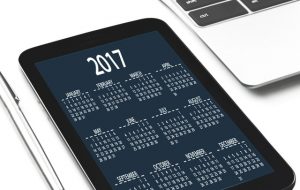
Do you use enough variety in your choice of English words?
When it comes to time markers, do you only use “when”?
Today you’ll learn a few other ways to mark time that are similar to “when” but mean something slightly different.
When you use these different words you will connect with natives faster because you will communicate what you mean in a more precise way.
Are you looking for a professional, native English teacher online?
Get a native English teacher online in seconds at italki.
Lindsay and Michelle recommend italki as our #1 English-learning solution online. Choose from more than 400 teachers to work on your business English or to pass your next big exam.
Get our special offer before it runs out!
Register here to get $10 in free italki credits after you purchase your first lesson
Things to say instead of “when”:
- Once (this happens) – Emphasize that you are eagerly waiting for something to happen.
- “Once we finish this project I will finally be able to enjoy my afternoons again.”
- “Once I get a car I will be able to go hiking more often on the weekends.”
- When (this happens)
- This is more neutral
- “When I need to go to Boston I like to bike there instead of taking the train.”
- Use this to talk about a habit and things that happen regularly
- Whenever
- Anytime, every time
- Break it down “when” and “ever”
- As soon as (this happens)
- Similar to once, also emphasizes that you are eager for something to happen
- “As soon as I get my scores I will post them in the Facebook group.”
- “As soon I start making enough money I will move out and get my own apartment.”
- This emphasizes that something will happen instantly after something else happens.
- By the time (this happens)
- Used to emphasize the timing of two things
- “By the time I started shopping the stores had already closed.”
- Or this can be used with the future perfect:
- “By the time I turn 40 I will have started a family.”
- Used to emphasize the timing of two things
Now, go out there and experiment with these new words.
Don’t try to be perfect.
Use them to connect and to be more precise in conveying what you mean.
What questions do you have? Let us know in the comments below.








